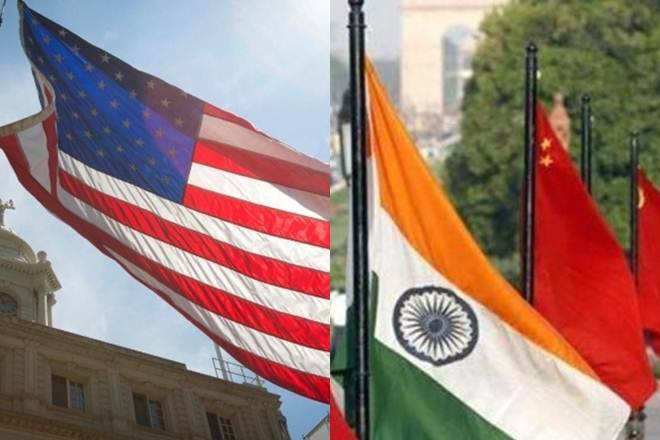The US Parliament has officially passed the $ 740 billion Defense Policy Bill. It has, among other things, opposed Chinese aggression against India on the Line of Actual Control . There has been a military standoff between India and China along the Line of Actual Control in eastern Ladakh since May this year.
DON'T MISS
Even after several rounds of talks between the two countries, there has been no significant progress towards resolving the deadlock. The US House of Representatives and the Senate passed the National Defense Authorization Act. It not only includes important portions of the language of the resolution of Raja Krishnamurthy, an Indian-American MP, but also urges the Chinese government to end military aggression against India with the LAC.
The Bipartisan Congressional Conference Committee prepared the final bill by combining the House and Senate versions of the bill earlier this month. Krishnamurthy’s resolution was passed with unprecedented bipartisan support in both houses.
It will become law with the signature of President Trump. Trump has threatened to use the veto against the bill, as it does not talk of revoking legal protection for social media companies.
Krishnamurthy said, “Violent aggression is not the answer to anything and this is particularly true in the case of the Line of Actual Control, which is a disputed border area separating China from India.” He said, “In the NDAA By incorporating the language of the proposal and converting it into law after the bill is signed, the US government will send a clear message that China’s aggression against India will not be accepted. Is committed to standing with allies like India.
“The NDAA has raised” considerable concern “over China’s continued military aggression near the border with India. It said that China should work closely with India to reduce tension on LAC through existing diplomatic mechanisms and refrain from attempting to resolve disputes using force.
